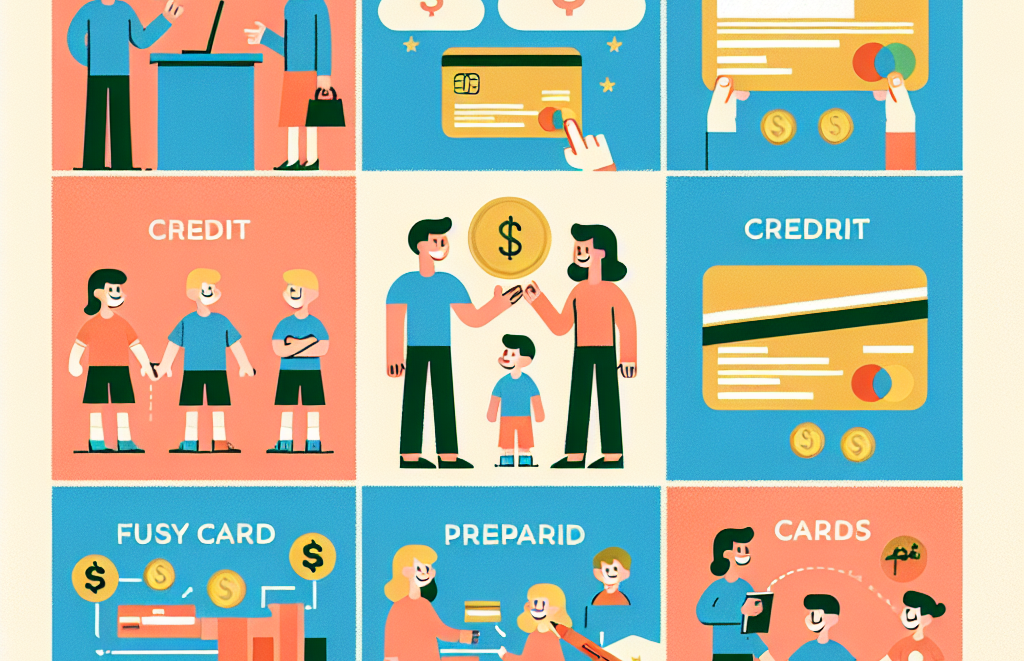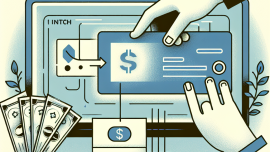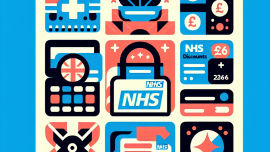
The Difference Between a Debit, Credit and Prepaid Card (Explained Like You’re 5)
What Is a Budget and Why Do You Need One?
Ah, the budget — your financial best friend or sworn enemy, depending on how you treat it. If you’re here, odds are you’re either curious or quietly freaking out because you don’t know where your money is going every month. That’s okay. I’m Tom Bradley, and I’m here to walk you through the basics of budgeting without the financial jargon or boredom. Pinky promise.
Let’s break down what a budget really is, why it’s important (especially if you’re just getting started with money matters), and how to build one that actually works. No spreadsheets required — unless you’re into that sort of thing.
What Exactly Is a Budget?
A budget is simply a plan for how you’ll spend your money. That’s it. It’s not some rigid set of laws dictated by money overlords. It’s your personal strategy to tell your cash what to do — instead of wondering where it went.
When done right, budgeting gives you control over your finances. Instead of reacting to expenses, you’re anticipating them. A budget lets you set priorities, achieve goals (like getting out of debt or saving for a vacation), and avoid those horrifying “uh-oh” moments before payday.
Why You (Yes, You) Need a Budget
Let’s be honest here. If money disappears from your account faster than your last tub of ice cream, it’s time to budget. And even if you think you’re doing fine, creating a plan for your money can improve your sense of control and peace of mind.
Here’s why budgeting matters — especially if you’re just starting out:
- It helps you avoid overspending. No one loves that surprise credit card bill.
- It builds awareness. You learn where your money is actually going (spoiler: way too much on delivery apps).
- It enables savings. You’ll make space for your emergency fund, that trip to Europe, or a new phone without extra stress.
- It sets financial boundaries. Like saying “no” to your third subscription service this month.
Start with Your Net Income
Your net income is what you actually take home after taxes, not your salary before Uncle Sam takes his cut. This is the number you build your budget on — not wishful thinking.
If you’re a salaried employee, you can find your net income on your pay stub. If you’re a freelancer or part-time worker, take the average of a few months’ income and be conservative (trust me, better to budget for less and end up with more).
Track Your Expenses (Yes, All of Them)
This step is where the magic happens, and the truth comes out. You need to track everything you spend — coffee, gas, snacks, bills, streaming services, the works.
Choose a method that suits you:
- Use a budgeting app like Mint or YNAB (You Need A Budget)
- Record expenses manually in a notebook or spreadsheet
- Sit down with your bank statements and highlight every purchase (yes, even that 2 a.m. taco run)
Do this for at least a month to get a clear view of your money behavior. The results might surprise (or terrify) you, but knowledge is power.
Break Down Your Spending Categories
Now let’s organize. Divide your expenses into categories. Here’s a simple way to do it:
Fixed Expenses:
- Rent or mortgage
- Utilities
- Car payments or insurance
- Phone and internet bills
Variable Expenses:
- Groceries
- Transportation (like gas or Uber)
- Entertainment
- Eating out
- Shopping (clothes, electronics, random crafts you swear you need)
Savings and Debt:
- Emergency fund
- Retirement contributions
- Debt payments (credit cards, loans, etc.)
Once you’ve sorted your spending, look at the totals. Anything seem off? Like way too much on fast food and nothing on savings? Time to adjust.
Choose a Budgeting Method
If you’re new to this, don’t stress. Start simple. You only need to find a system that helps you spend wisely and save on purpose.
Here are three beginner-friendly methods:
1. The 50/30/20 Rule:
It’s straightforward:
- 50% of income goes to needs (rent, bills, groceries)
- 30% goes to wants (dining out, hobbies)
- 20% goes to savings and debt
Great if you want structure without micromanaging every dime.
2. Zero-Based Budget:
Every dollar gets a job. If you earn $2,500, you assign every single dollar to a category (bills, savings, fun, etc.) so your income minus expenses equals zero.
Perfect for detail-lovers and control freaks (like me!)
3. Pay Yourself First:
Prioritize saving and investing first, then live on what’s left. Automate your savings and force your lifestyle to adapt to a smaller budget.
Ideal for long-term thinkers working toward big goals.
Adjust and Stay Flexible
Here’s the truth: your first budget won’t be perfect. Things will pop up. You’ll forget stuff. You’ll overspend. That’s okay — it’s about making steady progress, not achieving money nirvana overnight.
Revisit your budget every month. Look at how you did, celebrate wins, fix what didn’t work, and give yourself grace. Budgeting is a skill — and you’re learning it like a pro.
Tips to Make Budgeting Stick
- Set short-term goals: Save $100 this month, track daily spending, limit fast food to once a week.
- Reward yourself: Hit a saving goal? Treat yourself modestly — within budget, of course.
- Use visuals: Track your progress with charts, jars, or apps that gamify budgeting.
- Find an accountability buddy: Talk money with a friend — share goals, celebrate wins, and vent about impulse buys.
Bottom Line: Budgeting Is Freedom, Not Restriction
A budget isn’t a financial straightjacket — it’s your ticket to control, intention, and clarity. Whether you’re trying to pay off debt, start saving, or stop feeling like your paycheck disappears into a black hole, it starts with knowing where your money is going.
And hey, now you know how to make it happen.
Looking for more tips or want to talk to someone about your budgeting game plan? Check out our About Us page or drop us a question through our Contact form. We’re here to make money make sense — one budget at a time.








Leave a Reply